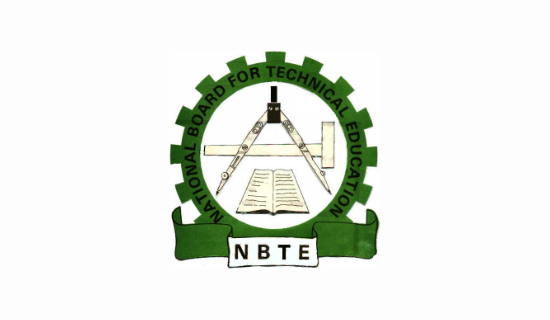The House of Representatives Committee on Federal Polytechnics and Higher Technical Education has firmly established performance as the cornerstone for securing increased funding in the 2025 budget. During a budget defense session, the Committee Chairman, Fuad Laguda, underscored the necessity of demonstrating judicious use of existing resources and tangible performance improvements as prerequisites for receiving additional allocations. This directive applies to all government agencies, including the National Board for Technical Education (NBTE), the regulatory body overseeing technical institutions in Nigeria. Laguda emphasized that while the committee acknowledges the financial constraints faced by polytechnics, demonstrable results and efficient resource management will be the primary determinants of future funding decisions. This performance-based approach aims to foster accountability and ensure that public funds are utilized effectively to achieve tangible improvements in the technical education sector.
The Committee’s focus on performance reflects a broader push for greater efficiency and impact in government spending. The Chairman’s remarks signal a shift away from traditional budget allocation practices, where funding requests were often granted based on historical precedent or perceived need, towards a more results-oriented model. This new paradigm necessitates a demonstrable link between funding requests and projected outcomes. Agencies are now expected to provide clear evidence of how additional resources will translate into improved performance indicators, such as increased student enrollment, enhanced graduate employability, or the development of innovative programs aligned with national economic priorities. The committee’s stance aims to incentivize performance improvements and create a culture of accountability within the technical education sector.
During the budget defense, the Executive Secretary of the NBTE, Professor Idris Bugaje, presented the agency’s 2024 budget performance and outlined its funding requests for 2025. A key component of the NBTE’s request centered on increasing its personnel budget to facilitate more effective oversight of over 700 polytechnics and other technical institutions under its purview. Bugaje highlighted the significant disparity between the agency’s current staffing levels and the sheer number of institutions requiring supervision. He pointed out that comparable agencies with fewer institutions to oversee often have larger budgets and staff complements, hindering the NBTE’s ability to fulfill its regulatory mandate effectively. The request for increased personnel funding aims to address this critical gap and enable the NBTE to perform robust monitoring and evaluation of technical institutions, ensuring quality assurance and adherence to established standards.
Professor Bugaje’s presentation also shed light on the NBTE’s Internally Generated Revenue (IGR), which primarily stems from fees charged to institutions during accreditation visits and other services. He acknowledged that the current IGR is insufficient to meet the agency’s operational needs, reporting a total of N25 million for 2024, a figure he described as “disappointingly low.” This highlights the heavy reliance on government allocations and underscores the need for diversifying the NBTE’s revenue streams. The current fee structure, which involves a charge of N150,000 per program accreditation, with 50% remitted to the Federal Government, contributes to the limited IGR. The agency faces the challenge of balancing its need for increased funding with the financial constraints faced by the institutions it oversees. The NBTE’s financial situation underscores the broader issue of resource allocation in the education sector and the need for sustainable funding models to ensure quality and accessibility.
The exchange between the House Committee and the NBTE illustrates the evolving dynamics of budget allocation in Nigeria’s education sector. The Committee’s emphasis on performance-based funding introduces a new level of scrutiny and accountability. It requires institutions to demonstrate a clear return on investment and provide compelling justifications for increased allocations. This approach has the potential to drive significant improvements in efficiency and effectiveness, but it also presents challenges for agencies like the NBTE that face significant resource constraints. The limited IGR and the need for increased personnel to effectively oversee a large number of institutions create a complex financial landscape that requires careful consideration by both the agency and the government.
The discussions surrounding the NBTE’s 2025 budget highlight the broader challenges facing technical education in Nigeria. Adequate funding is crucial for providing quality training and producing skilled graduates who can contribute to the nation’s economic development. The committee’s insistence on performance-based budgeting reflects a growing recognition of the need for greater accountability and efficiency in the use of public resources. However, it also underscores the importance of finding a balance between fiscal responsibility and the need to invest in critical sectors like education. Moving forward, the NBTE and other agencies in the technical education sector will need to demonstrate their ability to deliver tangible results and effectively utilize allocated resources to secure the funding necessary to fulfill their mandates and contribute to Nigeria’s economic growth.


